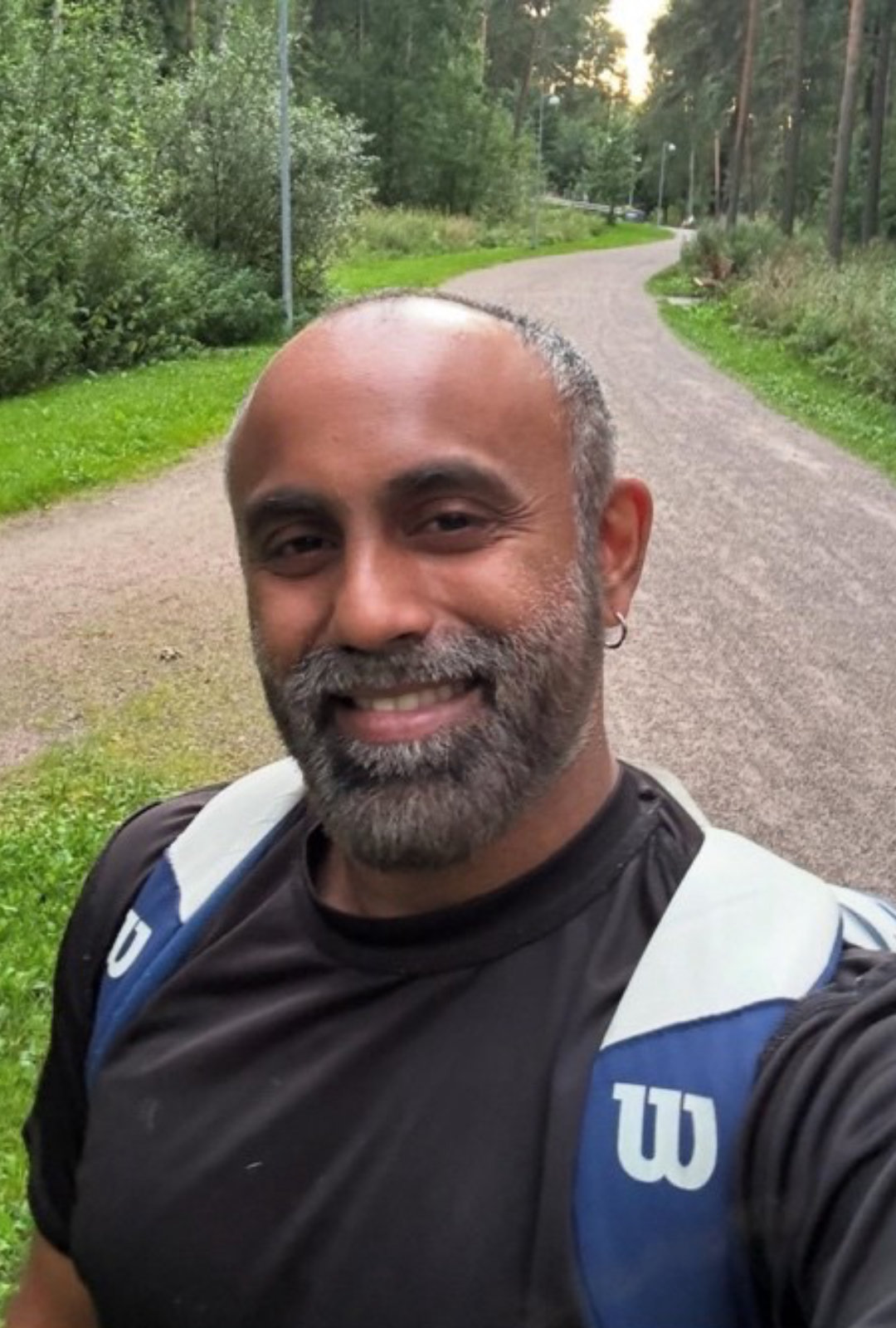
One of the most profound insights from our conversations with Ukrainian teachers was the importance of being heard before being helped. Many teachers shared emotional and raw accounts of the challenges they face: supporting students amid war, dealing with uncertainty, and enduring personal trauma—all without adequate professional or emotional support.
Rather than diving into traditional mentoring, these educators need a space for processing their experiences. This realization led us to shift our approach from solution-giving to empathetic listening. Only by acknowledging their current reality can we create meaningful connections and growth opportunities.
Ukrainian teachers also described practical barriers—such as time limitations and unstable internet connectivity—that affect their ability to participate in structured mentorship programs. This called for a flexible, compassionate design that meets them where they are.
Finnish Mentors: Fostering Empowerment, Not Superiority
From the Finnish mentors’ side, the emphasis was on hope, agency, and self-directed learning. They expressed a strong desire to avoid any dynamic that might imply superiority. Instead, their role is to act as facilitators, empowering Ukrainian teachers to take control of their own professional journeys.
Mentors highlighted the value of moving away from a rigid, top-down educational model. They hope to support a shift towards student-centered learning, where Ukrainian teachers can model autonomy and initiative—skills that are vital for helping students thrive in post-conflict Ukraine.
Creating Space for Dialogue
To bridge the differences in experience and approach, we established teacher support groups. These informal, peer-driven spaces allow Ukrainian and Finnish educators to share stories, explore ideas, and co-develop solutions. It's through these shared experiences that meaningful mentorship begins.
Summary: Mentee and Mentor Reflections
From Ukrainian Teachers (Mentees):
- Need to be heard first: Emotional and psychological support is a necessary foundation.
- Struggling with burnout and trauma: Before learning, there must be healing.
- Desire for practical solutions: But only when ready—timing and context matter.
- Appreciate non-hierarchical mentorship: Seeking equality, not charity.
From Finnish Mentors:
- Focus on future-oriented thinking: Helping mentees find hope and purpose.
- Avoiding a savior mindset: Empowerment, not instruction.
- Encouraging autonomy: Ukrainian teachers should plan and lead their learning paths.
- Support systemic change: Moving toward student-centered, self-driven education.
Overall Suggestions Moving Forward:
- System-Wide Mentorship: Begin with leadership—principals, deputies, and curriculum developers—to create an aligned ecosystem for change.
- Phase 1-on-1 Mentorship: Instead of broad outreach, start within individual schools to build trust and cohesion.
- Design for Flexibility: Acknowledge time, tech, and emotional readiness when structuring mentoring activities.
- Prioritize Healing & Connection: Before academic or pedagogical advancement, focus on human connection.
This blog is a modified version of an article originally written by Royston Dsa. He was part of a student research group at Novia University of Applied Sciences in Turku, Finland, which conducted interviews with mentees and mentors